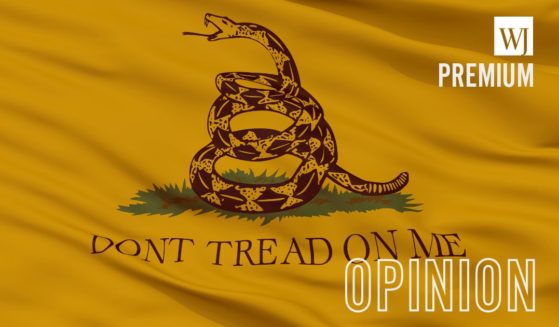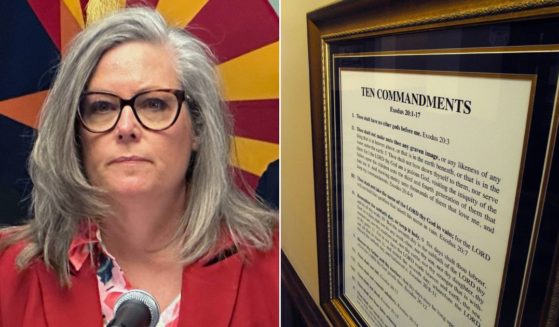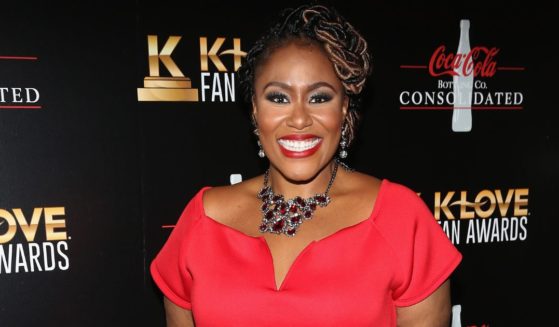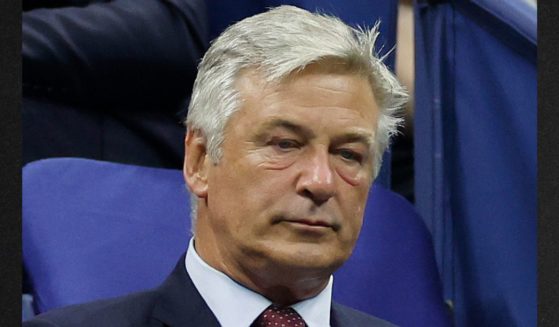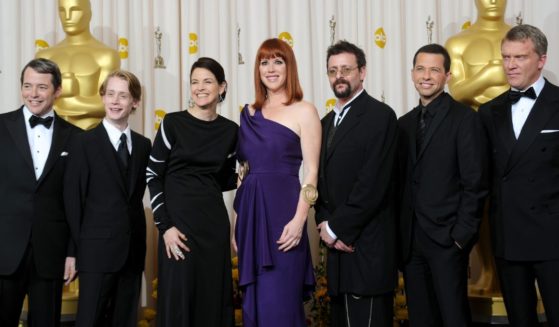Don't Believe the Dems - Almost Zero Americans Actually Make Minimum Wage
After dropping more than 300 points yesterday, the Dow plummeted 681 points today as investors continue digesting the inflationary data that relentlessly points to a troubling future.
With the gasoline shortages on the East Coast, double-digit rises in year-to-date commodity prices and a seemingly out-of-control housing market, investors — and the public at large — look to be tensing up for a big hit from inflation.
This brings to attention petitions to raise the federal minimum wage in the United States.
Calls to Raise the Minimum Wage Fall Silent
This month marks 14 years since the last federal minimum wage hike was passed in 2007, before being enacted in 2009 — the longest gap in history. Data from the U.S. Bureau of Labor Statistics show that $7.25 in May 2007 has the buying power of $9.31 today. For comparison, the $1.60 minimum wage in 1968 had a 2021 buying power of $12.49.
Biden made the $15 federal minimum wage a key component in his campaign platform, and many Democrats demanded the hike be added to the last coronavirus relief bill.
However, Senate Democrats turned on each other and removed the hike from the bill. And aside from his executive order to raise the minimum wage for federal contractors two weeks ago, Biden and his fellow Democrats have been largely silent on the issue.
Causation or Correlation?
Studies have shown that increased labor costs are often passed directly onto consumers in certain industries. The National Bureau of Economic Research recently looked at increases in wages among various McDonald’s restaurants and concluded there was a “full or near-full price pass-through of minimum-wage-induced higher costs of labor.”
There seems to be pretty direct evidence that minimum wage hikes correspond with inflationary increases. But do they cause a rise in inflation, or does inflation cause a hike in the minimum wage?
That depends on what part of the economy is examined.
Certainly, the price of a Big Mac will rise if the employees making it are paid more. And keep in mind that the wage is just one part of the component. When hiring an employee, the Small Business Administration estimates that employer-paid taxes and insurance add 25 to 40 percent to the amount paid in salaries. “So, if you pay someone a salary of $35,000, your actual costs likely will range from $43,750 to $49,000.”
Minimum Wage Workers Represent a Minuscule Part of the Workforce
What gets lost in the federal minimum wage debate is how few workers are actually paid the federal minimum wage. In a February report, the BLS noted that in 2020, there were “1.1 million workers with wages at or below the federal minimum made.” This is just 1.5 percent of all hourly workers, or 0.6 to 0.7 percent of the entire civilian labor force.
Raising the minimum wage certainly would increase costs for specific labor-intensive, low-wage sections of the economy, but the overall $21 trillion economy — already facing tremendous inflationary pressure — would hardly notice it.
The federal minimum wage also is becoming increasingly irrelevant as 29 states and D.C. have their own minimum wage.
And labor-intensive, low-paying jobs increasingly are a smaller part of the economy. Remember the McDonald’s study? The only time prices were not passed onto consumers was when restaurants rolled out new labor-saving technology.
In the call to raise wages, workers probably want to be careful to not price themselves right out of a job.
Truth and Accuracy
We are committed to truth and accuracy in all of our journalism. Read our editorial standards.

